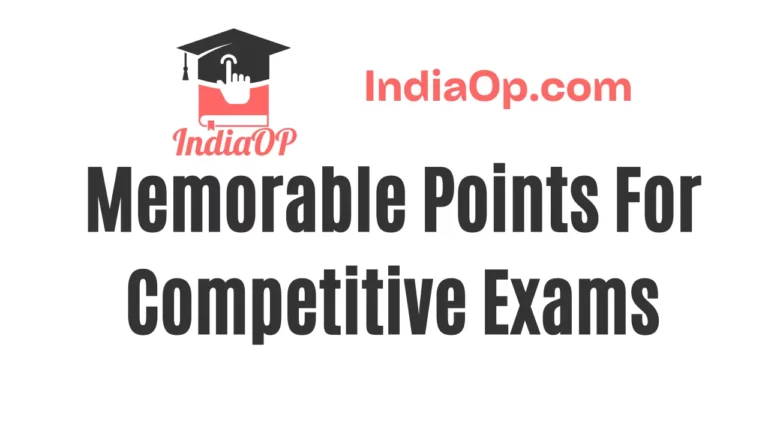
First suspension bridge in India is approved by the national government.
The construction of a famous cable-stayed, circumsuspension bridge over the Krishna River, connecting Telangana and…

The construction of a famous cable-stayed, circumsuspension bridge over the Krishna River, connecting Telangana and…

The Reserve Bank of India has been taking several steps to increase supervision, including adopting…

The “Chip 4” group is an association of the top chip (semiconductor) producing nations in…


The Kisan Swaraj Yatra, a nationwide mobilization to raise awareness of issues relating to our…

Crop breeding is a science that is developing quickly. It is possible to effectively create…